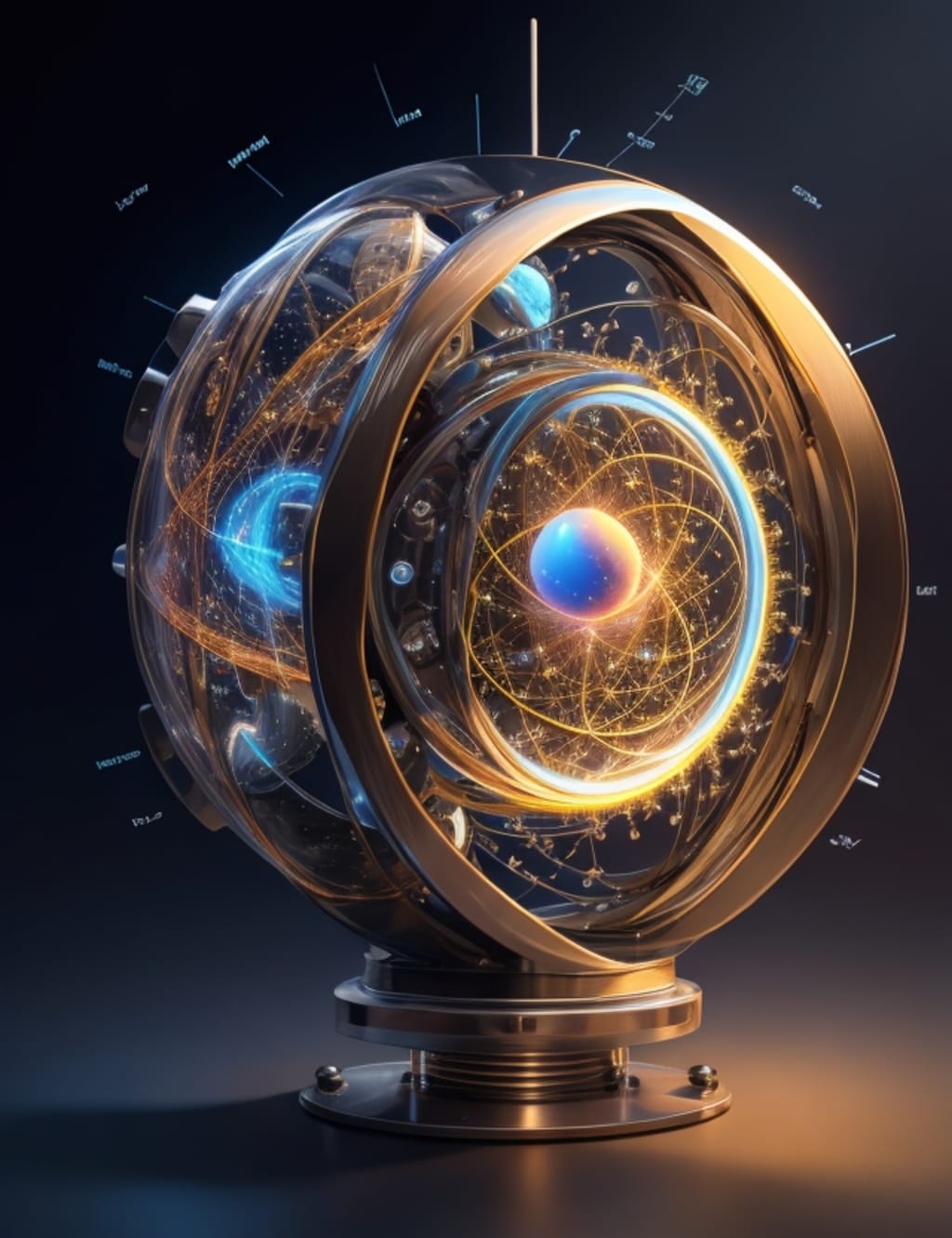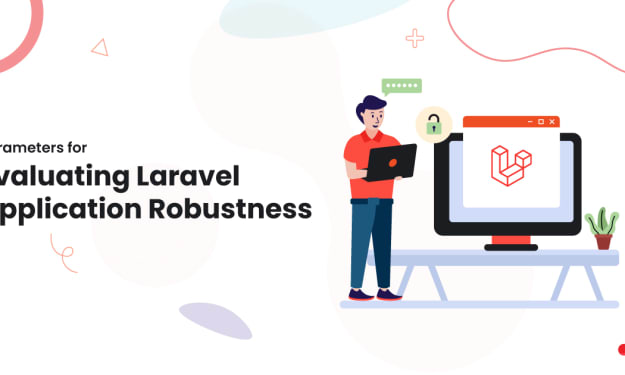Unraveling the Mysteries of Quantum Mechanics in Computing
Quantum Mechanics

Quantum mechanics, the fundamental theory of nature at the microscopic scale, has long captivated the scientific community with its bewildering and counterintuitive principles. As we delve into the realm of quantum computing, a paradigm-shifting field that leverages these principles, we find ourselves on the cusp of a technological revolution. This essay explores the enigmatic world of quantum mechanics, its application in computing, the potential it holds, and the challenges it faces.
Quantum mechanics is a branch of physics that describes the behavior of matter and energy at the atomic and subatomic levels. At this tiny scale, classical physics fails to accurately predict phenomena, giving rise to bizarre concepts like superposition, entanglement, and quantum tunneling.
Superposition is the principle that a quantum system can exist in multiple states simultaneously until measured. It is as if a quantum object, such as an electron or a photon, can exist in all possible states or positions until observed, at which point it collapses into a definite state.
Entanglement, another peculiar phenomenon, links the quantum states of two or more particles regardless of the distance between them. When two particles become entangled, measuring the state of one instantaneously determines the state of the other, even if they are light-years apart.
Quantum tunneling is the process through which particles can penetrate barriers that classical physics predicts should be impenetrable. It plays a crucial role in various phenomena, from nuclear fusion in stars to the operation of tunnel diodes in electronics.
Traditional computers use bits, which represent information as either 0 or 1, to perform calculations. Quantum computers, on the other hand, use quantum bits or qubits, which can exist in a superposition of both 0 and 1 states simultaneously. This unique property enables quantum computers to perform certain tasks exponentially faster than classical computers.
One of the most notable applications of quantum computing is in cryptography. Quantum computers have the potential to break traditional cryptographic methods, such as RSA and ECC, which rely on the difficulty of factoring large numbers. Shor's algorithm, a quantum algorithm, can factorize large numbers efficiently, rendering these classical cryptographic methods vulnerable. However, quantum-resistant cryptographic algorithms are being developed to withstand such attacks.
Quantum computing also holds promise in optimizing complex problems, like optimizing supply chains, financial portfolios, or transportation routes. Algorithms like Grover's algorithm can search an unsorted database quadratically faster than classical methods, significantly improving search efficiency.
Moreover, quantum simulation allows researchers to model quantum systems that are otherwise intractable for classical computers. This has implications in various fields, including chemistry, materials science, and drug discovery, where understanding quantum behavior is essential.
Despite its immense potential, quantum computing faces numerous challenges and limitations. One of the primary challenges is maintaining the delicate state of qubits, which are highly susceptible to noise and decoherence. Decoherence occurs when qubits interact with their environment, causing their quantum nature to collapse and making accurate computation impossible.
Researchers and engineers have made significant progress in error correction and fault-tolerant quantum computing to mitigate the effects of decoherence. Quantum error correction codes and quantum error correction algorithms are actively being developed to safeguard the quantum information against errors.
Another challenge is scaling quantum computers to a level where they can outperform classical computers in practical applications. Presently, quantum computers are in their nascent stages and have only achieved a limited number of qubits, which restricts their computational power. Building large-scale, fault-tolerant quantum computers is a complex engineering feat that requires overcoming substantial technical obstacles.
Furthermore, programming quantum computers is vastly different from classical programming. Quantum algorithms require a different approach, and quantum software development tools are still in their infancy. As quantum computing becomes more accessible, developing user-friendly and efficient programming languages will be crucial to unlocking its potential.
Quantum computing holds the promise of revolutionizing various fields, from cryptography to drug discovery, by exploiting the peculiar phenomena of quantum mechanics. However, we are still at the early stages of understanding and harnessing quantum mechanics in computing. Overcoming the challenges of qubit stability, error correction, and scaling will be pivotal to unlock the full potential of quantum computing. As researchers, scientists, and engineers continue to unravel the mysteries of quantum mechanics, we are on the verge of an era that could redefine the boundaries of computation and transform our technological landscape. The future of quantum computing is bright, and its impact on society is likely to be profound.
About the Creator
Reynol Brennan
A small blogger who shares emotions, life, life insights, and short stories, and provides everyone with happiness, growth, and common sense of life.
Enjoyed the story? Support the Creator.
Subscribe for free to receive all their stories in your feed. You could also pledge your support or give them a one-off tip, letting them know you appreciate their work.






Comments
There are no comments for this story
Be the first to respond and start the conversation.